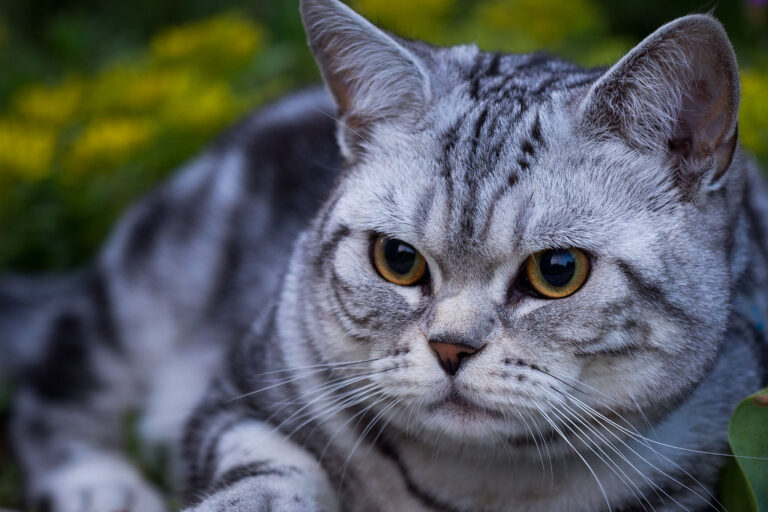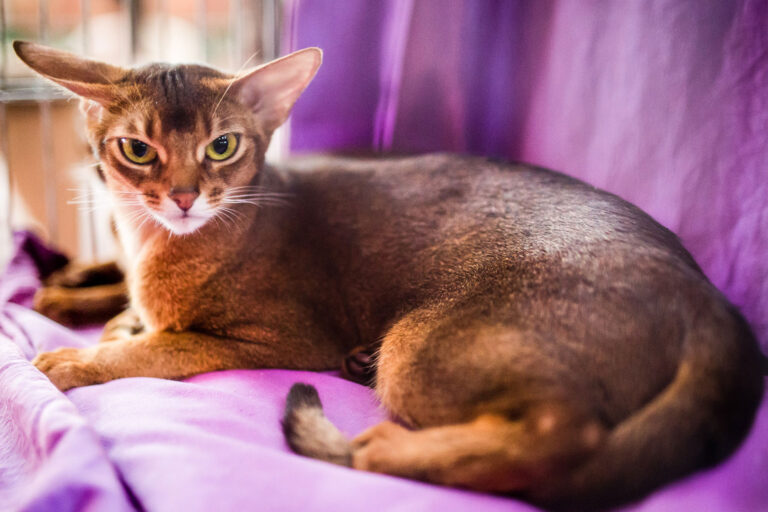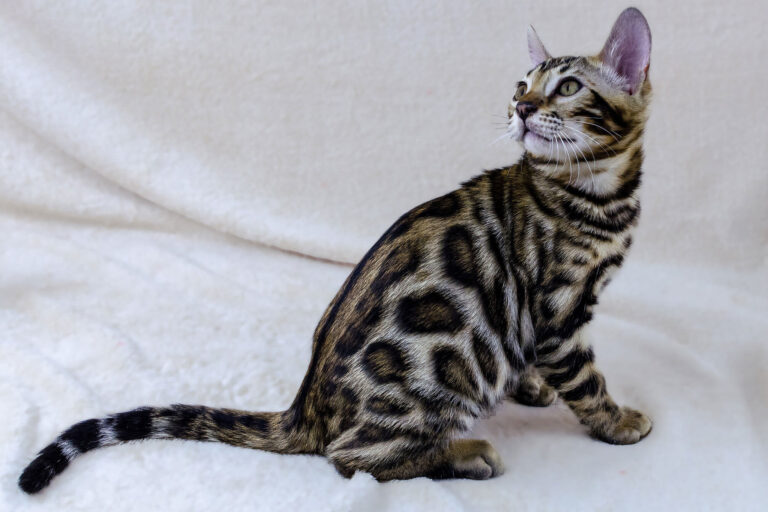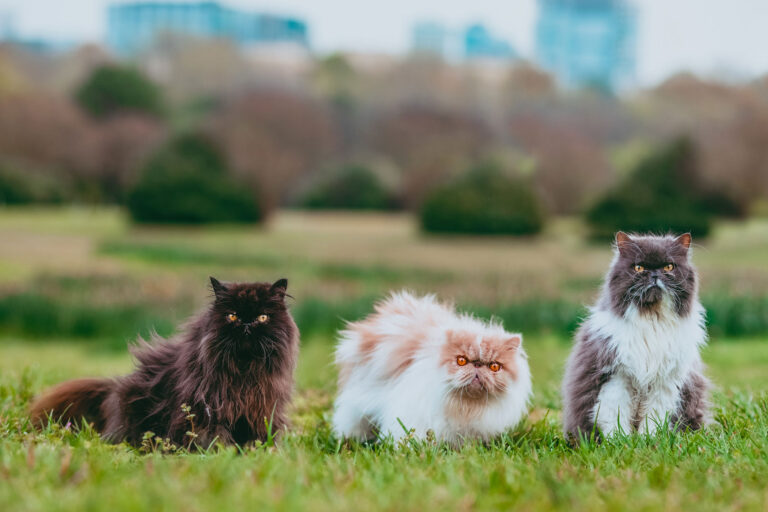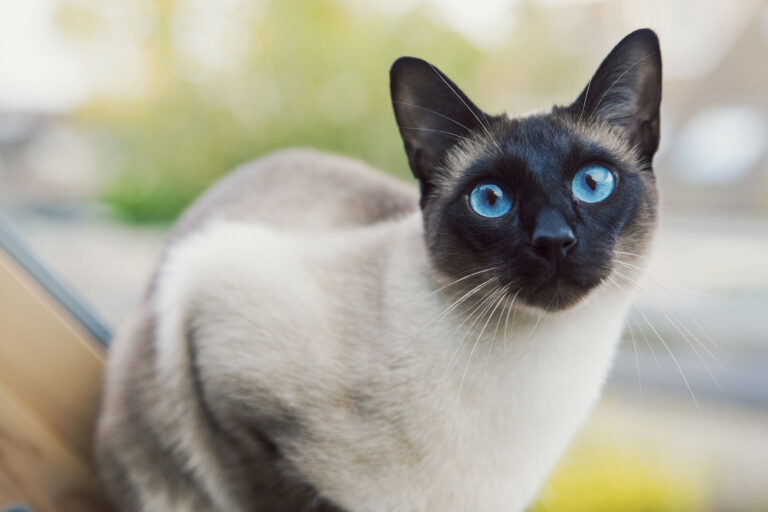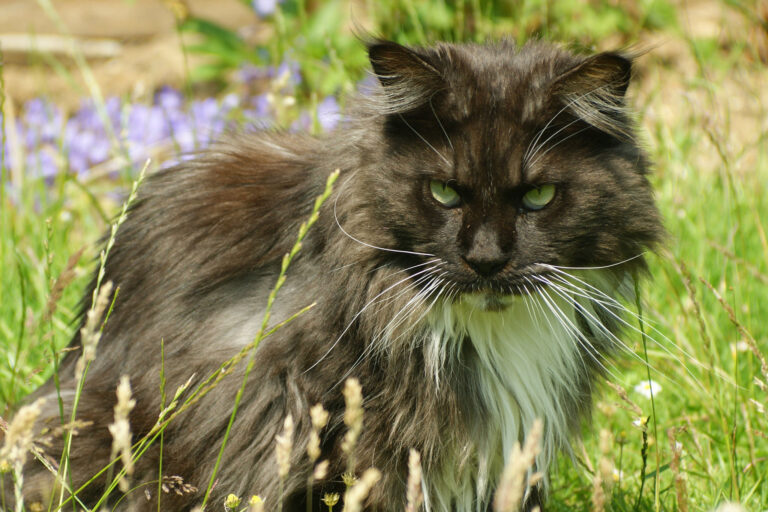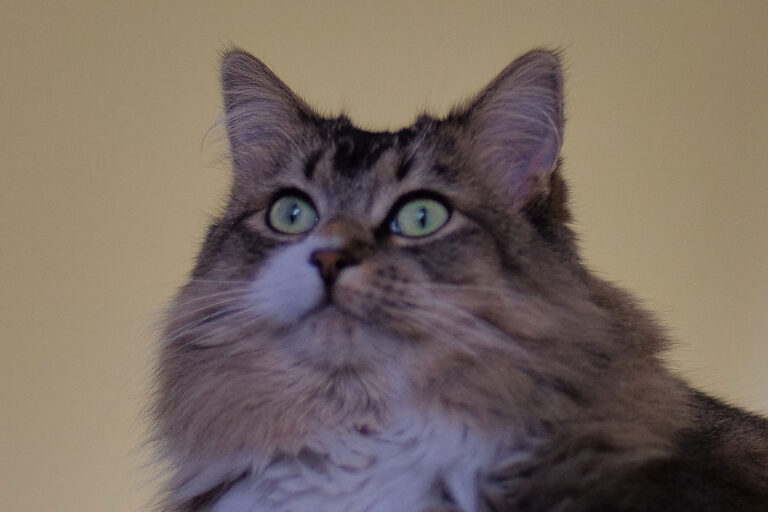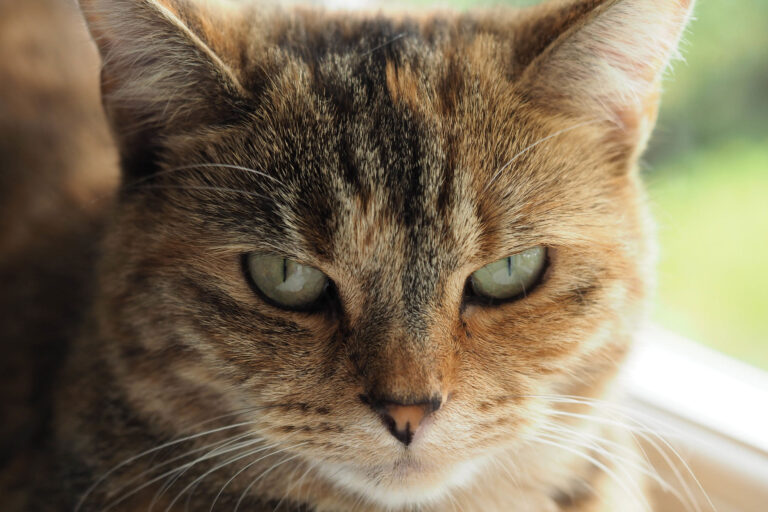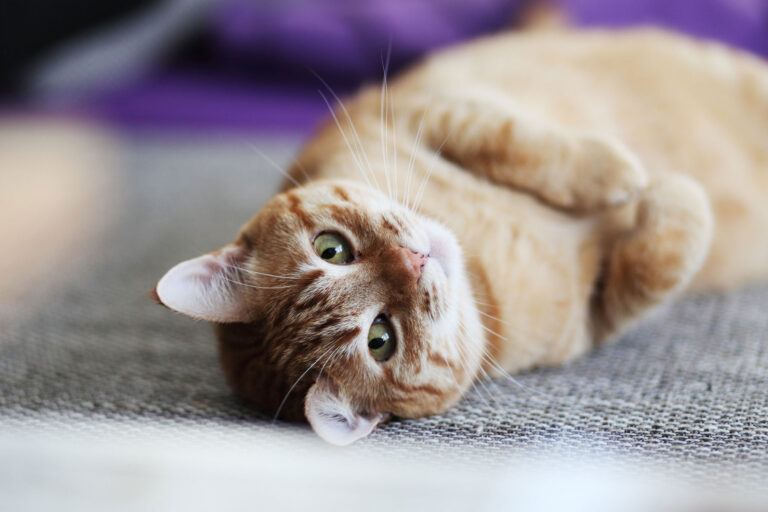Is a Bengal Cat Right for You? Exploring This Active and Intelligent Breed
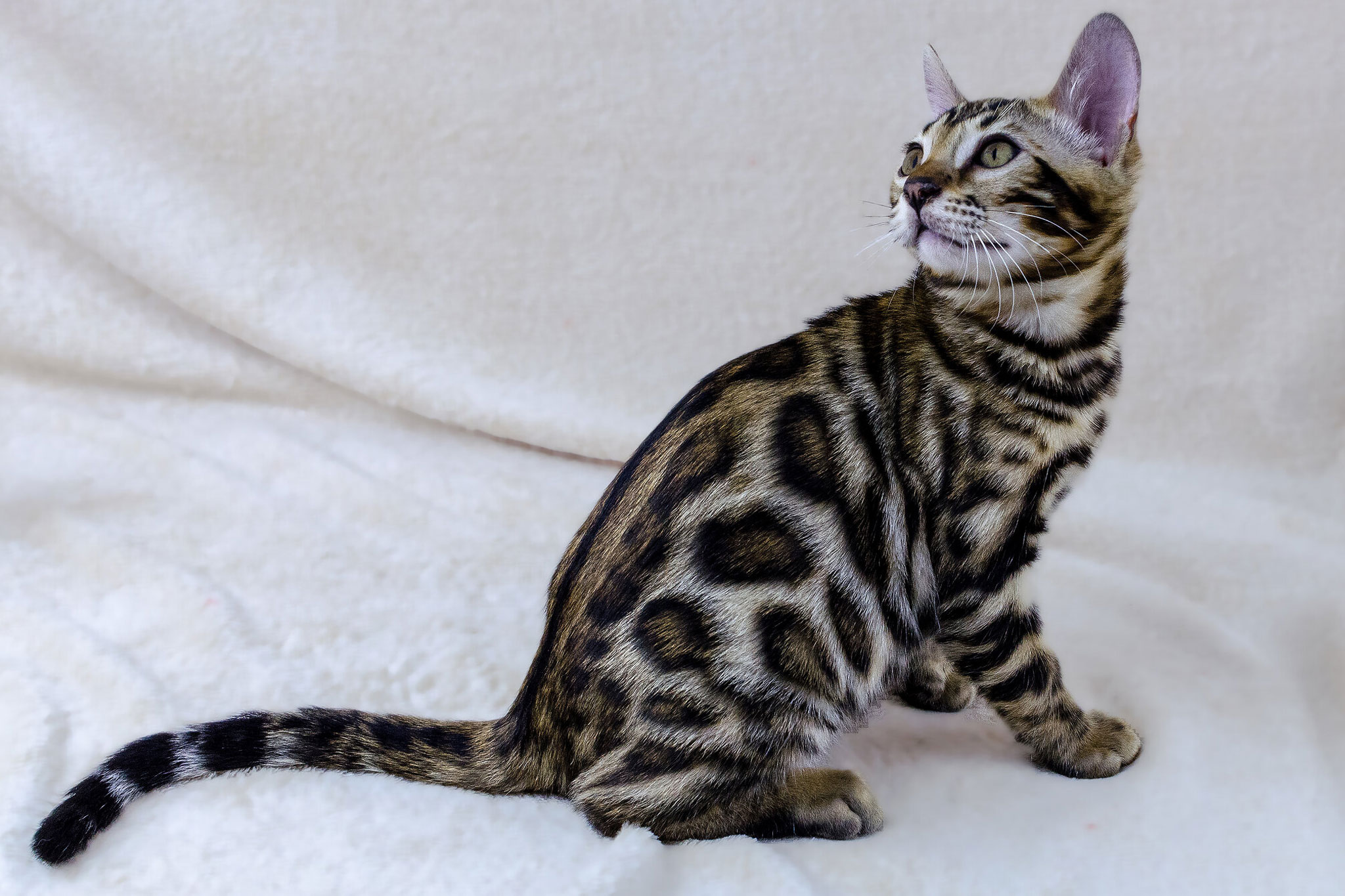
Bengal Cats, with their striking appearance and lively personalities, captivate the hearts of many cat enthusiasts. If you’re considering bringing one of these beautiful felines into your home, it’s crucial to understand their unique needs and characteristics to ensure they fit your lifestyle. This guide delves into the world of Bengal Cats, offering insights to help you decide if this active and intelligent breed is right for you.
The Allure of Bengal Cats
Imagine a miniature leopard gracefully prowling through your living room. Bengal Cats, known for their stunning coat patterns and vibrant colors, resemble their wild ancestors. Their sleek, muscular bodies and bold rosettes or marbled markings set them apart from other breeds. But it’s not just their looks that make Bengals fascinating. Their intelligence and energy levels demand attention and engagement, creating a dynamic and interactive pet experience.
Understanding Bengal Cat Behavior
Intelligence and Curiosity
Bengal Cats are among the most intelligent cat breeds. Their curiosity knows no bounds, and they require ample mental stimulation to keep them entertained. Puzzle toys, interactive play sessions, and even training can keep their sharp minds engaged. Without sufficient stimulation, Bengals can become bored and may resort to mischievous behavior.
Energy Levels and Activity Needs
If you’re looking for a couch potato, a Bengal Cat might not be the best choice. These cats are highly active and require plenty of exercise. They love climbing, jumping, and exploring their environment. Investing in cat trees, perches, and interactive toys is essential to keep them physically satisfied. Regular playtime is a must, and don’t be surprised if your Bengal engages in a game of fetch or enjoys walking on a leash.
Social Nature and Companionship
Bengals are known for their sociable and affectionate nature. They thrive on human interaction and can form strong bonds with their owners. However, this means they may not do well in homes where they are left alone for long periods. If you have a busy lifestyle, consider getting a second pet to keep your Bengal company, or be prepared to spend quality time with them daily.
Health and Grooming
Diet and Nutrition
A high-quality diet is crucial for maintaining a Bengal’s health. These cats benefit from a balanced diet rich in protein to support their active lifestyle. Consult your veterinarian to determine the best dietary plan for your Bengal, considering any specific health needs they may have.
Grooming Needs
Despite their short coats, Bengals do shed and require regular grooming to keep their fur in top condition. Weekly brushing helps minimize shedding and keeps their coat shiny and healthy. Additionally, regular dental care and nail trimming are essential parts of their grooming routine.
Potential Challenges
Vocalization and Attention
Bengals are vocal cats and will often communicate their needs and desires through a range of sounds. While some owners find this endearing, others may find it challenging. It’s essential to be prepared for a chatty pet that craves attention and interaction.
Destructive Behavior
Without adequate stimulation, Bengals can become destructive. Their natural curiosity and high energy levels mean they need plenty of toys and activities to keep them occupied. Providing scratching posts, interactive toys, and safe spaces for exploration can help mitigate potential issues.
Is a Bengal Cat Right for You?
Deciding whether a Bengal Cat is the right fit for your home requires careful consideration of their needs and your lifestyle. If you have the time, energy, and commitment to engage with an intelligent, active, and social pet, a Bengal Cat can be a rewarding and affectionate companion. However, if you prefer a low-maintenance pet or have limited time for interaction, you might want to consider other breeds.
Bengal Cats are truly a breed apart with their striking looks and lively personalities. They offer endless entertainment and companionship but require a dedicated and attentive owner. By understanding their unique characteristics and ensuring you can meet their needs, you can enjoy a fulfilling and enriching relationship with your Bengal Cat.

Dr. Lorie Wiltse’s path to veterinary medicine was marked by a great desire for excellence and a dedication to advance the profession of neurology.
Subscribe to My Newsletter for New Blog Posts! Stay Updated Right from Your Inbox.

